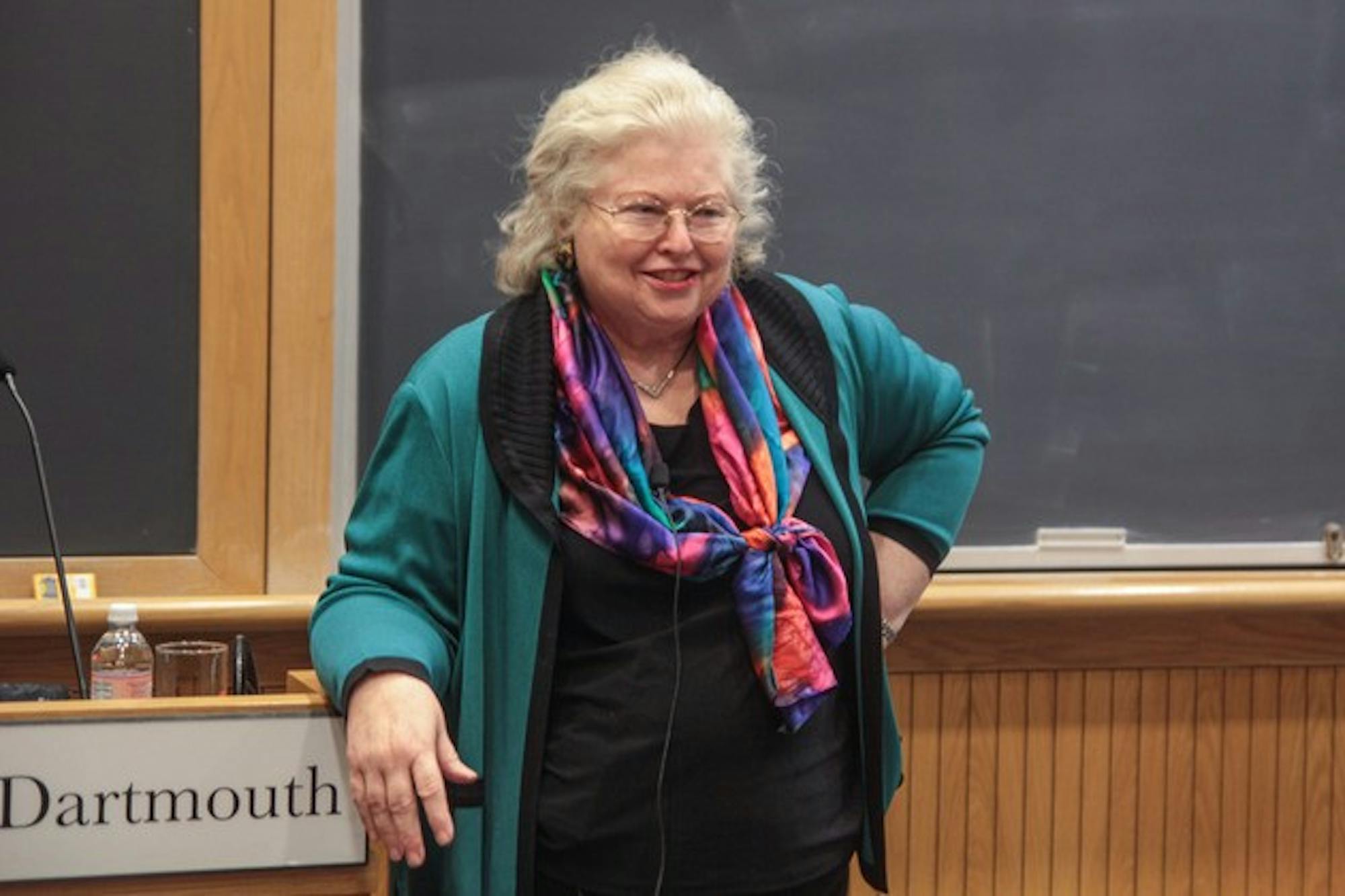Weddington earned her law degree from the University of Texas and became involved in the case through a group of women from Austin, who referred pregnant women to safe abortion services and advocated for birth control. The group would frequently discuss contraception and abortion and their hopes for reform.
Many people considered widening access to contraception to be a "radical" idea, she said.
When Weddington grew up in the 1960s, society often limited women's options. Though she expressed an interest in running for student body president or vice president in college, her dean discouraged her and said women only became secretaries.
Her dean also told her that no woman from her college had ever gone to law school.
Weddington's involvement with the abortion referral group and personal experiences of gender-based discrimination sparked an interest in arguing Roe v. Wade as a class-action suit. The case involved a Texas anti-abortion law that prohibited women from receiving abortions, except when a pregnant woman's life was in jeopardy.
When the abortion referral group decided to file the class action suit, they decided to hire a female litigator to argue the case.
"The lawyer definitely had to be a woman because of the issue, and I was the only woman lawyer they had ever heard of," she said.
Weddington eventually decided to adopt the "right to privacy" argument from Griswold v. Connecticut when crafting her argument for Roe v. Wade. She asserted that women's constitutional right to privacy had been violated by the preexisting Texas law against abortion and that a woman should have the right to decide whether to terminate her pregnancy.
Weddington and colleague Linda Coffee searched for a woman who wanted to procure an abortion but did not have the means and found Norma McCorvey, a young single Texan who received the pseudonym "Jane Roe" after becoming the official plaintiff for the case.
The court's decision in favor of Roe rendered 46 states' anti-abortion laws unconstitutional.
The landmark case has fueled an ongoing national debate between pro-choice and pro-life camps, but has not changed Weddington's support for abortion rights.
She continues to advocate by working with Planned Parenthood and raising funds for other organizations.
Before abortion was legalized, many women who could not obtain abortions often resorted to illegal and unreliable abortion clinics.
"Making abortion illegal will not eliminate abortion," she said. "It'll only make abortion practices more dangerous."
Weddington said she has seen significant progress in women's rights throughout her life, noting that there are more female members in Congress than ever before.
Shoshana Silverstein '15 said Weddington balanced important historical perspectives regarding Roe v. Wade and "inspirational" messages about the virtues of leadership.
The recent debate about women's role in society, sparked in part by Susan Patton's letter to The Daily Princetonian encouraging women to find husbands in college, made the lecture especially relevant, Silverstein said.




